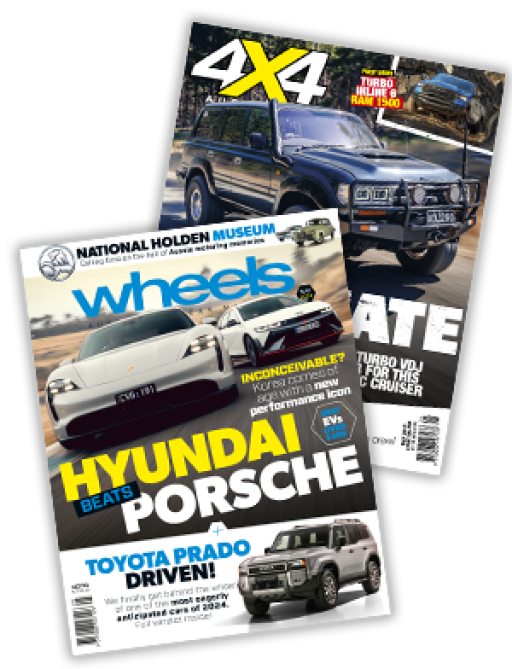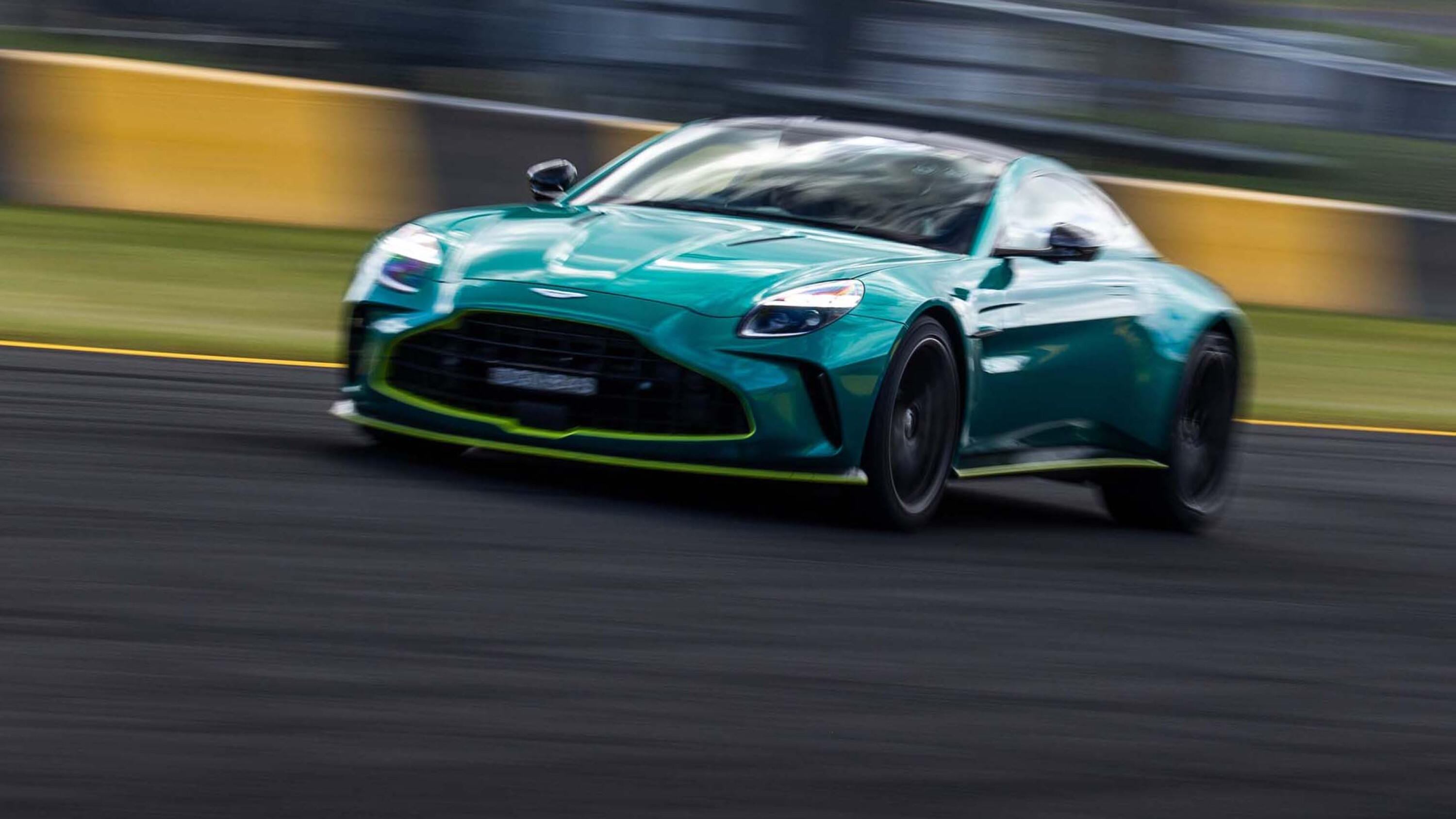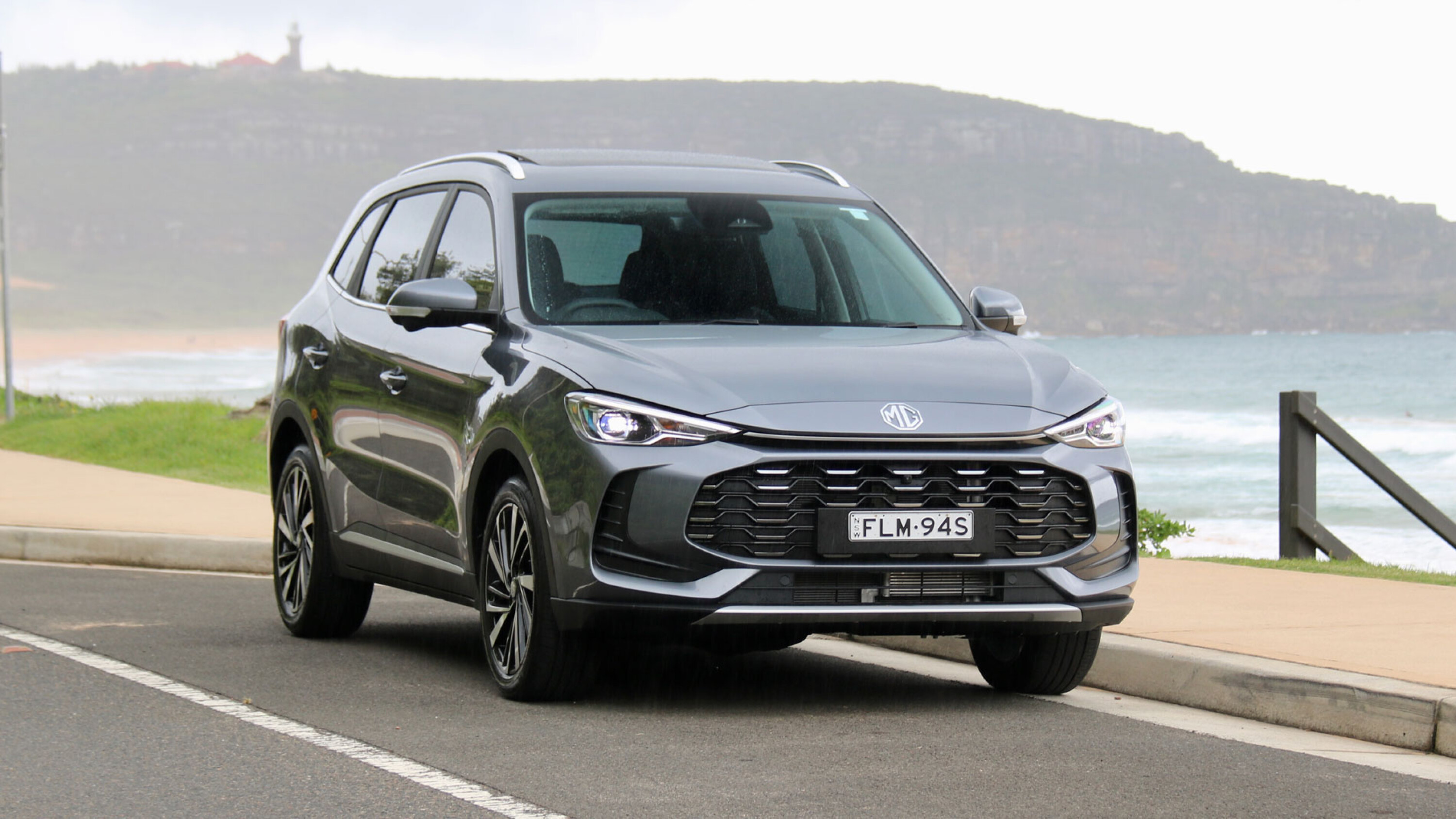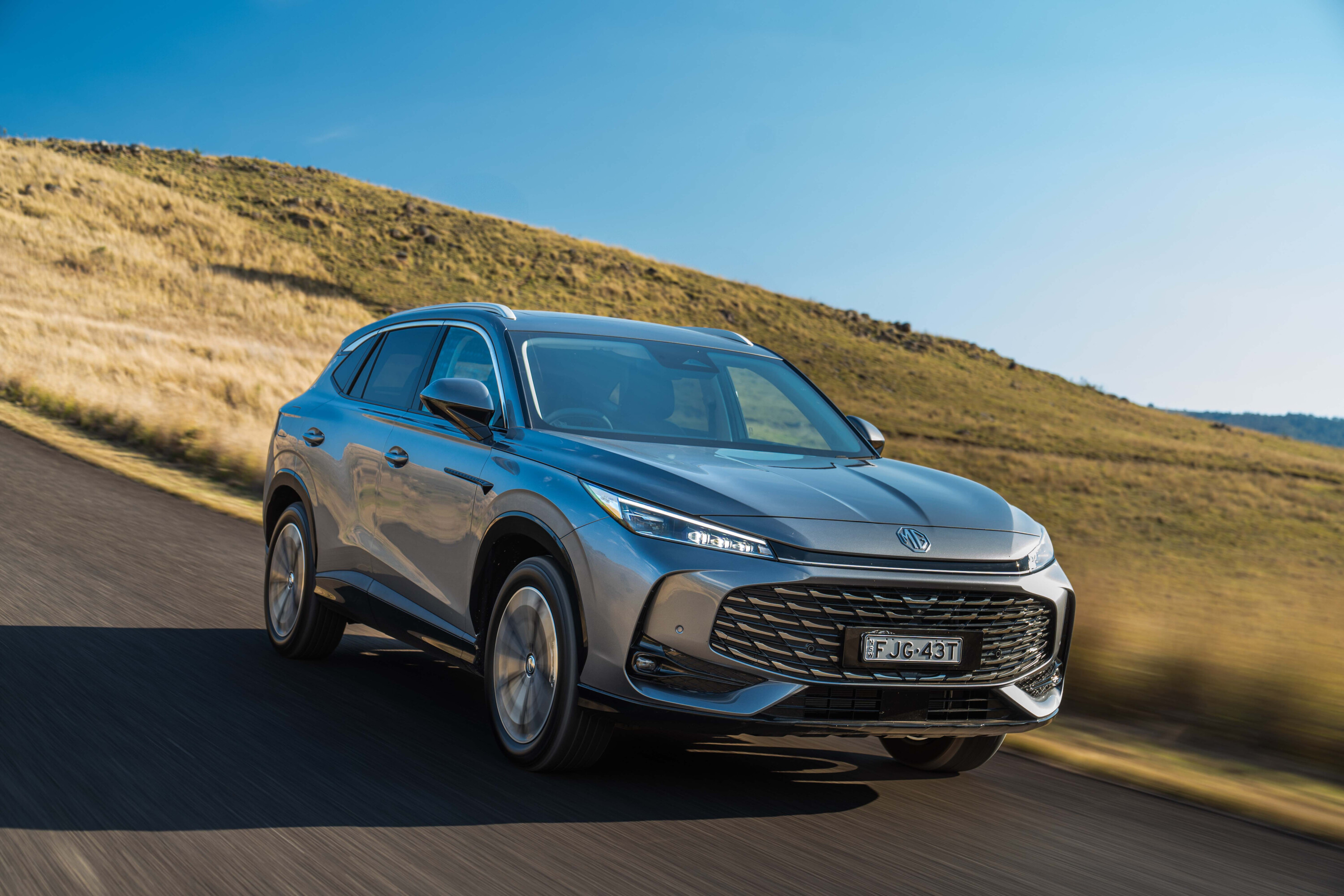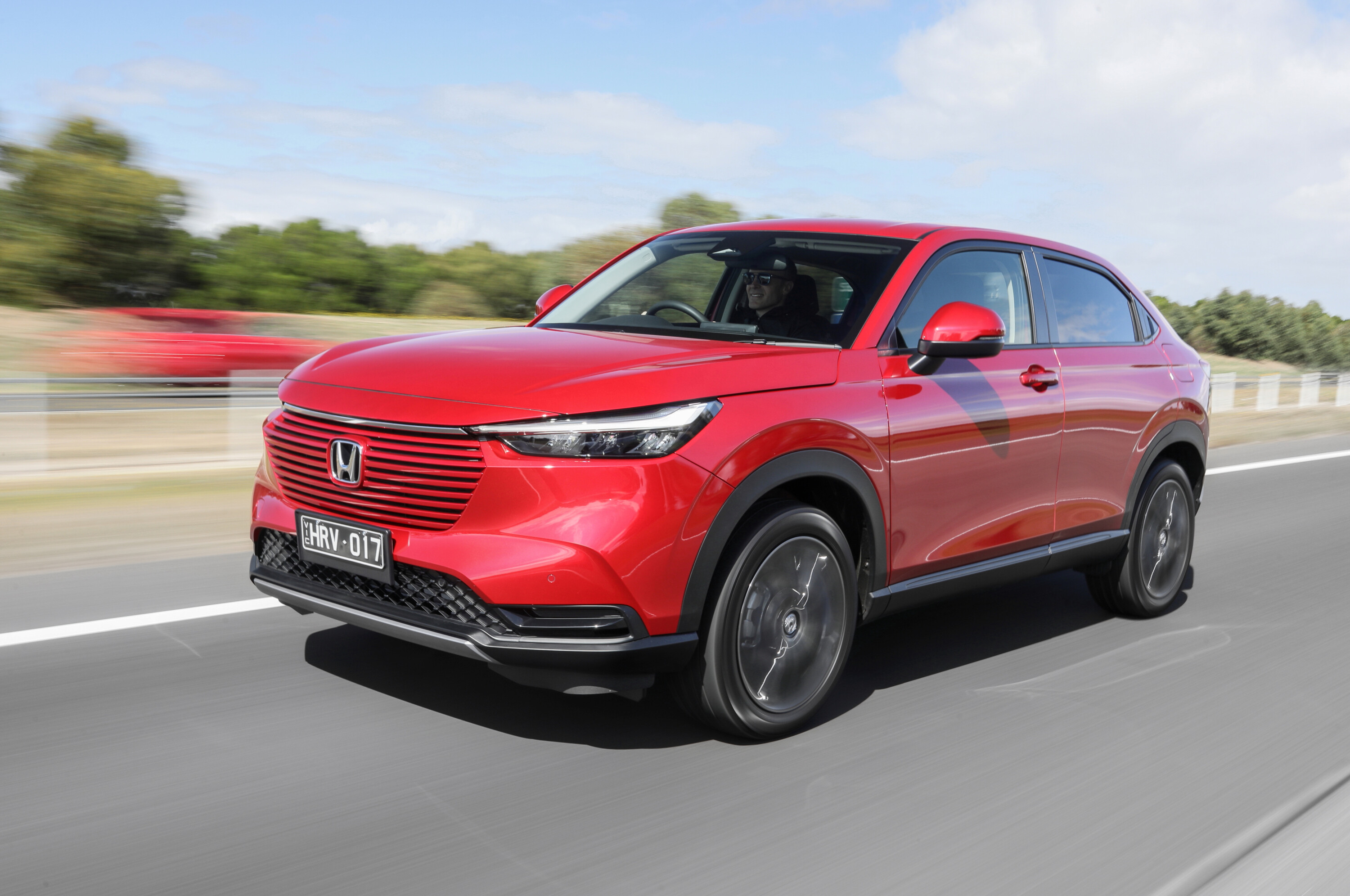
Things we like
- Futuristic and sporty looks
- Frugal hybrid consumption
- Outgoing model will save you $$ before facelift arrives
Not so much
- Smaller boot due to vehicle design
- Limited rear visibility
- Claustrophobic back seats
The Toyota C-HR, an acronym for Compact High Rider, was the first small SUV introduced by the Japanese brand in 2017.
At the time the model was quite futuristic in its design and many either saw the vehicle as funky or polarising. However, Toyota later introduced the Corolla Cross in Australia to cater to a more mainstream audience looking for a small SUV.
In early 2024, the C-HR will enter its second generation and will be available exclusively as a hybrid model, marking a significant milestone for Toyota.
But until the new model arrives, let’s take a closer look at the current C-HR, particularly the top-tier Koba trim.
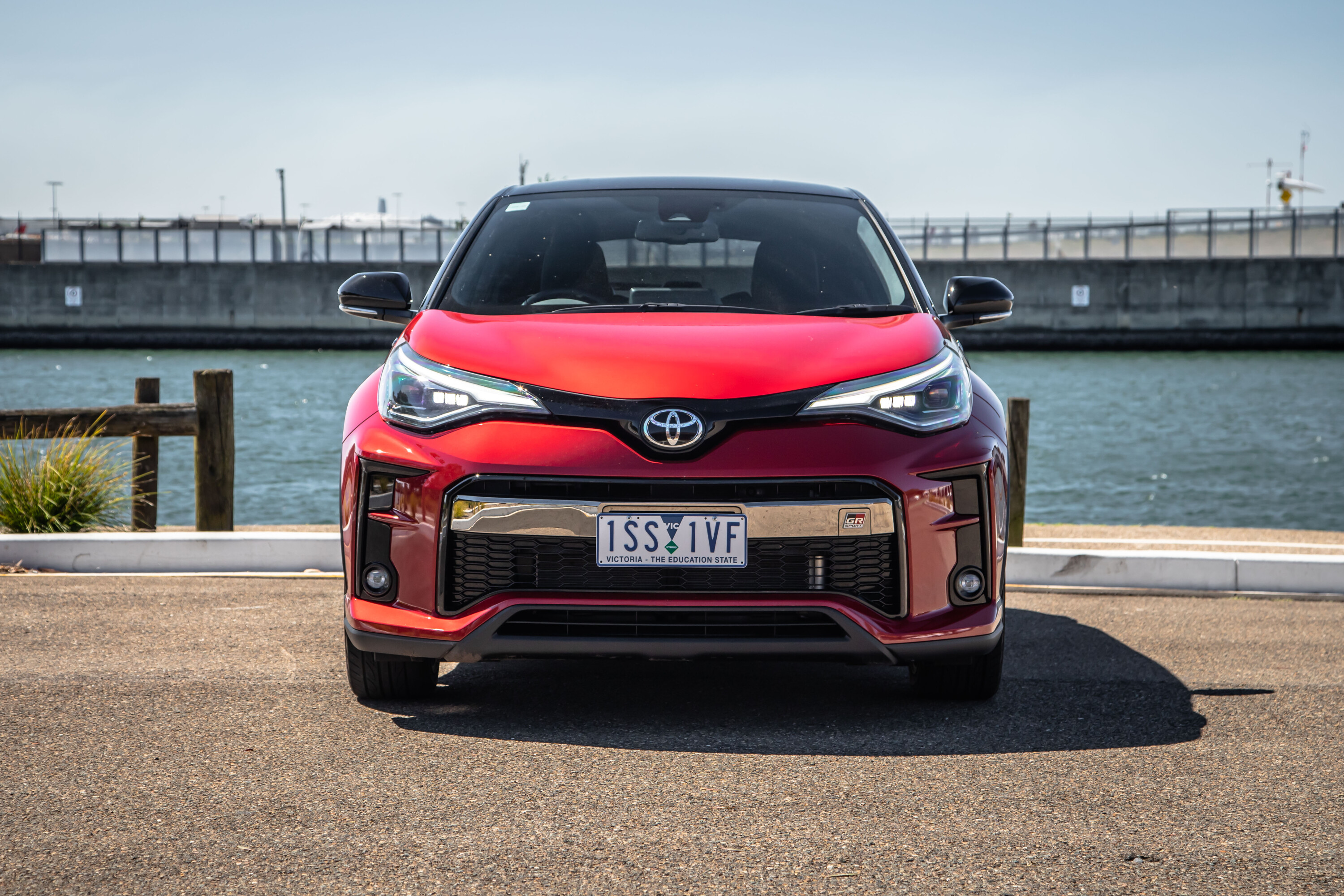
Pricing and features
The 2023 C-HR was available in three trim grades– GXL, Koba and most recently a GR-Sport version. However since announcing their upcoming next generation model, the website reflects a rationalised line-up available down to the Koba– with the other variants to return at launch.
The entry-level GXL can be equipped with either two-wheel or four-wheel drive, but it’s available with a petrol engine only. On the other hand, the Koba trim offers a choice between petrol or hybrid powertrains in front-wheel drive (FWD) configuration, while all-wheel drive (AWD) is available with the petrol engine. The GR Sport variant is limited to 2WD and hybrid power.
The 2023 Koba can is priced between $35,965- $38,465 before on-road costs.
Toyota has also just announced it’s pricing for the next generation 2024 C-HR.
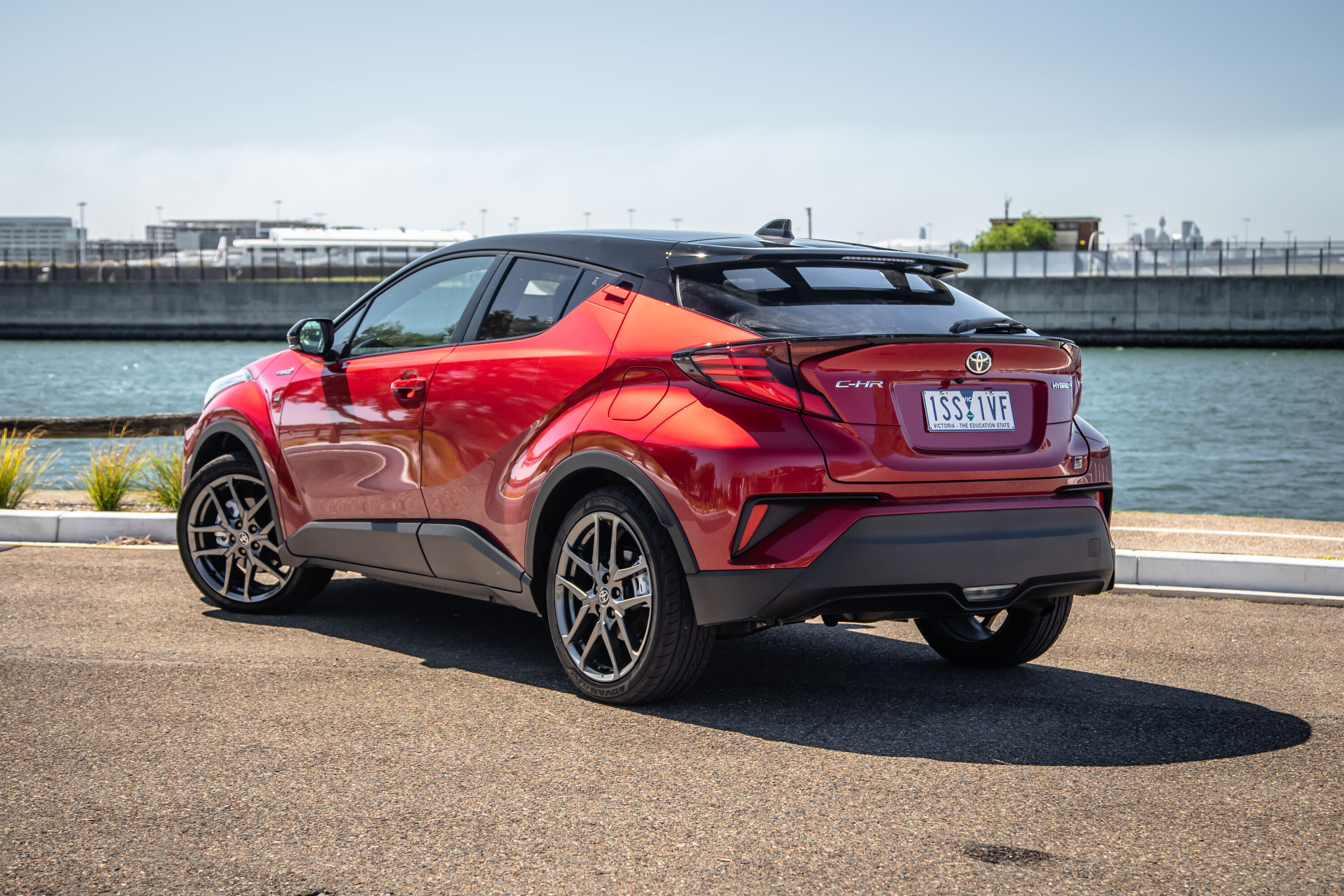
The Koba offers top-of-the-range specs, including:
| 18-inch alloy wheels | LED headlights, daytime running lights and fog lights |
| 8.0-inch infotainment touchscreen | LED tail lights with dynamic indicators |
| Ambient lighting | Panoramic view monitor |
| Apple CarPlay and Android Auto | Power lumbar adjustable driveru2019s seat |
| Dual-zone climate control | Privacy glass |
| Heated front seats | Rain-sensing wipers |
| Illuminated vanity mirrors | Rear cross-traffic AEB |
| Keyless entry with push-button start | Satellite navigation |
| Leather-accented seats | Six-speaker audio system |
| Leather-accented steering wheel |
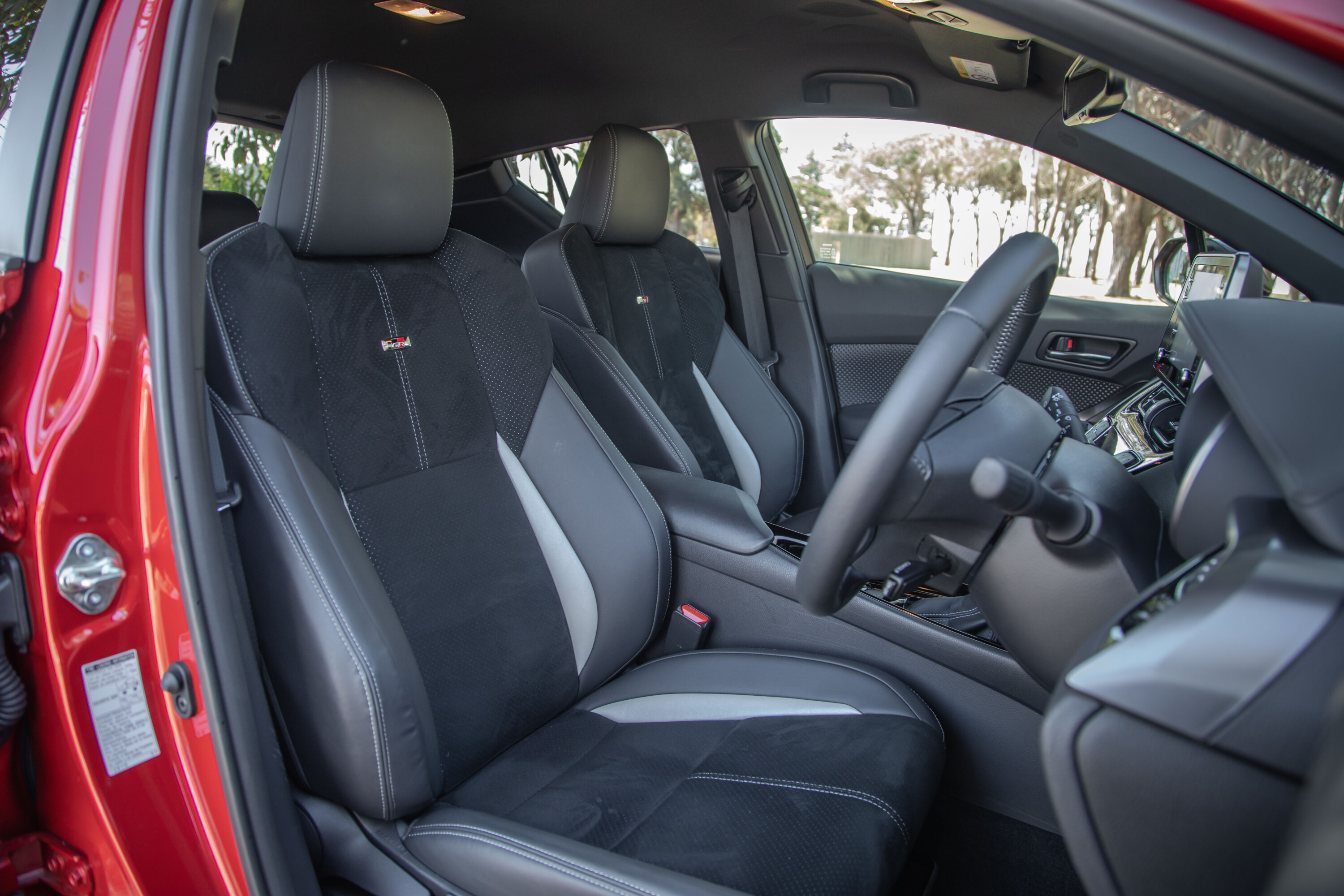
Safety
Tested locally in 2017, the C-HR received a five-star ANCAP safety rating.
This included a respectable 87% score for adult occupant protection and 77% child occupant protection result. However, it’s worth noting that the 2024 C-HR will require re-rating.
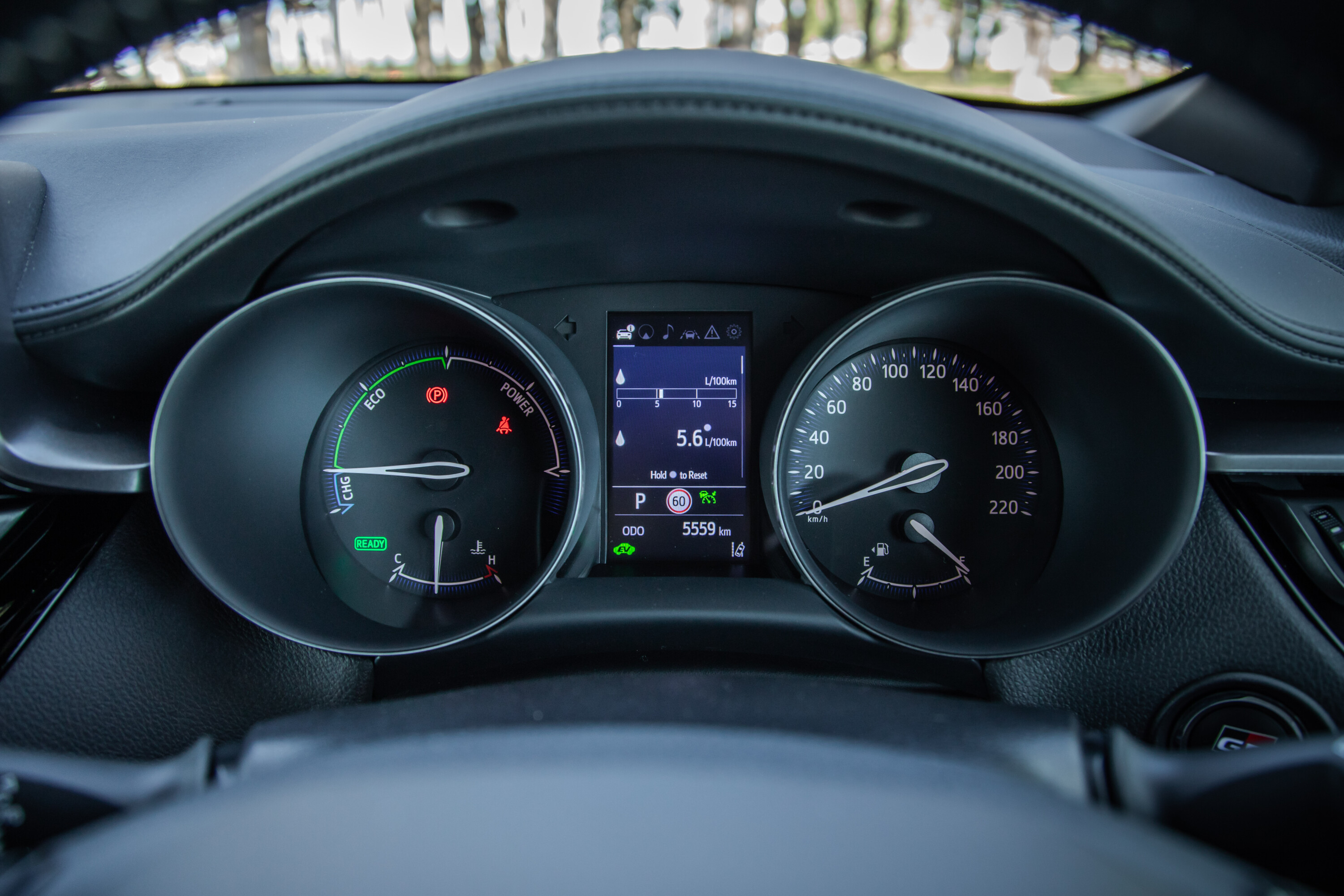
Key rivals
The small SUV segment is already bustling with options, including some equally funky offerings such as the:
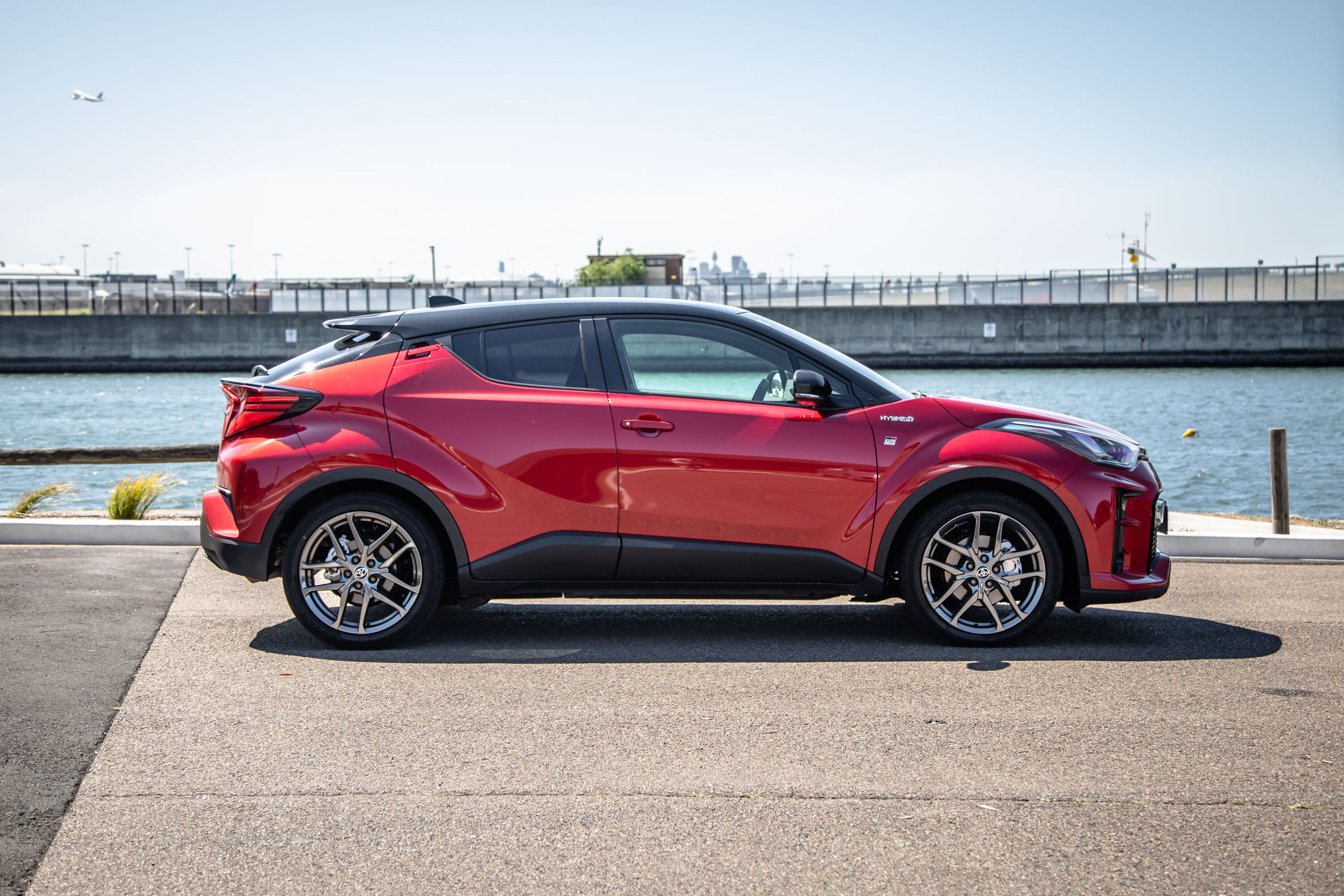
Should I put it on my shortlist?
If you’re presented with a clearance deal, the current-generation C-HR offers an excellent opportunity to own a visually appealing and practical small SUV.
With the upcoming generation set to see a substantial price increase, particularly with the Koba trim becoming $11,500 more expensive, the current C-HR might be your last chance to own one without stretching your budget.
For those seeking a stylish, feature-rich SUV that provides good value without compromising on Toyota’s well-known reliability, the C-HR remains an attractive choice, blending futuristic design with the brand’s reputation for durability.
Things we like
- Futuristic and sporty looks
- Frugal hybrid consumption
- Outgoing model will save you $$ before facelift arrives
Not so much
- Smaller boot due to vehicle design
- Limited rear visibility
- Claustrophobic back seats

